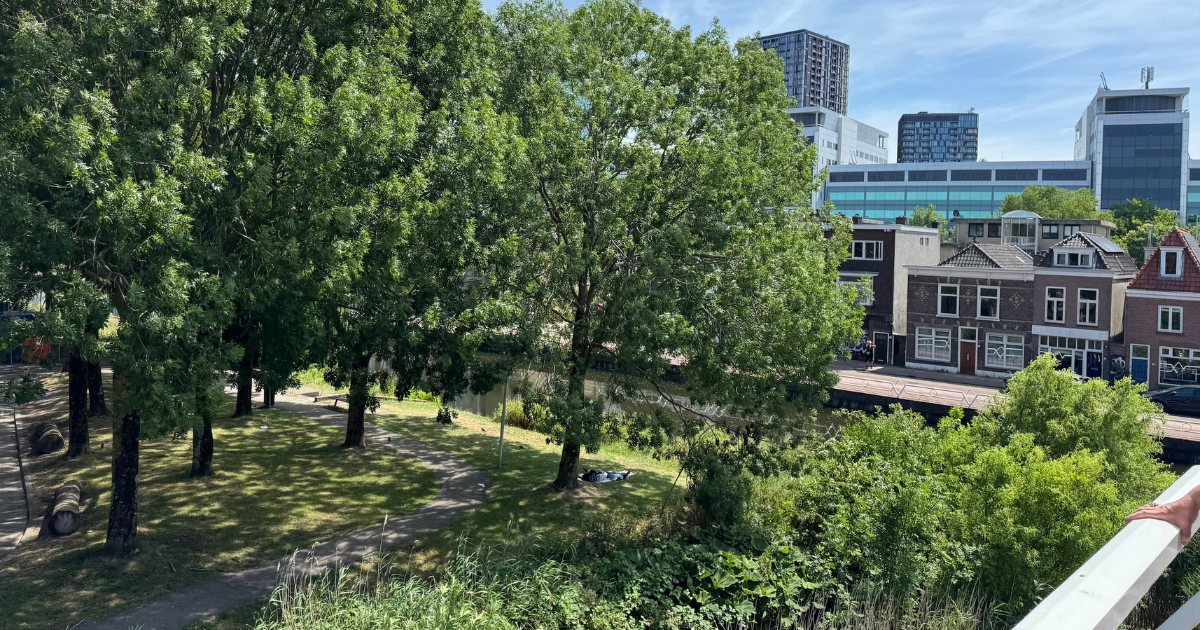If there’s one thing recent elections and public debates have made clear, it’s that people are tired of binary arguments about cities. That was also true in the recent recent municipal elections across Quebec.
Frankly, those debates rarely solve anything. What we need instead is more collaboration and empathy.
The biggest obstacle to livable, people-centred cities isn’t funding, will, or technology—it’s polarization. Across Canada and the U.S., the cities that succeed in improving mobility, housing, and safety are led by coalitions that blend pragmatism with vision.
People need to feel the benefits of change before they can embrace big transformations. That’s why it makes sense to start small and show progress. The aim is to build trust and momentum.
Selling the benefits one project at a time
Citizens care about what affects their daily lives. The “not in my yard, not in my neighbourhood” reaction is real. You don’t win people over by selling grand concepts like the 15-minute city. Instead, you inspire them by showing, project by project, how these ideas make their routines easier and safer.
The pragmatist’s playbook focuses on small, measurable wins: slowing traffic on school routes, adding small gardens and pocket parks to main streets, or allowing gentle densification to help with the housing crisis. To build support and momentum, cities can experiment in multiple areas to let more residents experience progress firsthand.
Cities never stop evolving. To keep up, mayors and city planners need to think like product designers. They need the freedom to iterate, test, learn, and improve. Because that’s the only way to design and build cities that work for more people.
To make the vision of a more livable city happen, you need coalitions.
- Coalitions between levels of government.
- Coalitions with the business community.
- Coalitions with civic groups.
- Coalitions with transit and housing authorities.
- Coalitions with neighbouring cities.
That’s a real challenge for suburbs and regional cities. In that sense, livability is shifting from activism to operational excellence. One thing is sure: you can’t build livable cities by continuing the binary debates.
You win hearts and minds not with ideology, but through small and big changes, done well. You win hearts and minds with changes that make everyday life work better for everyone.
——————
This article first appeared in More Than Streets on LinkedIn.
Subscribe on LinkedIn to get my next issue on your inbox.

